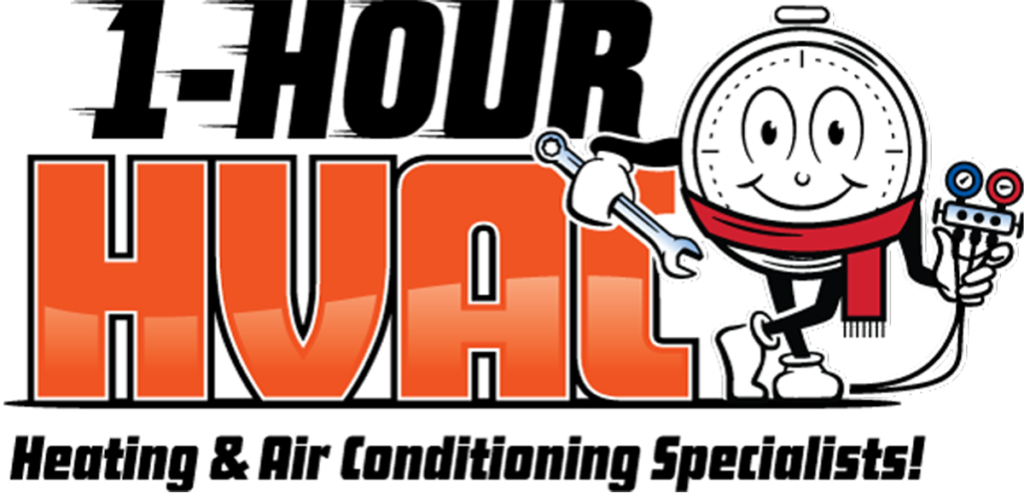In the realm of business operations, every aspect, no matter how seemingly small, has the potential to influence the bottom line. From optimizing supply chains to refining marketing strategies, savvy entrepreneurs continually seek ways to enhance efficiency and reduce costs. Amidst these considerations, the role of Heating, Ventilation, and Air Conditioning (HVAC) systems emerges as a critical factor in shaping the financial performance and sustainability of businesses across various industries.
The Financial Impact of HVAC Systems
Efficient and well-maintained HVAC systems contribute to a business’s bottom line in numerous ways, ranging from energy savings and operational efficiency to employee productivity and customer satisfaction. Let’s explore the multifaceted impact of HVAC systems on business profitability:
Energy Efficiency and Cost Savings
- Reduced Energy Consumption: Energy-efficient HVAC systems consume less electricity or fuel to heat, cool, and ventilate commercial spaces, resulting in lower utility bills and operational expenses over time.
- Optimized Resource Allocation: By investing in energy-efficient equipment and technologies, businesses can redirect cost savings towards strategic initiatives, such as product innovation, marketing campaigns, or employee training programs.
Operational Efficiency and Reliability
- Minimized Downtime: Well-maintained HVAC systems experience fewer breakdowns and malfunctions, reducing costly downtime and business disruptions that can impact productivity and revenue generation.
- Extended Equipment Lifespan: Regular maintenance and servicing help prolong the lifespan of HVAC equipment, delaying the need for costly replacements and capital expenditures.
Employee Productivity and Comfort
- Enhanced Workplace Comfort: Comfortable indoor temperatures and air quality contribute to employee well-being, morale, and productivity. Optimal thermal conditions
can help reduce absenteeism, improve concentration, and foster a positive work environment conducive to collaboration and creativity.
- Employee Retention: Businesses that prioritize employee comfort and satisfaction through efficient HVAC systems are more likely to attract and retain top talent, reducing recruitment and training costs associated with high turnover rates.
Customer Satisfaction and Loyalty
- Enhanced Customer Experience: In retail, hospitality, and service industries, comfortable and well-ventilated environments contribute to a positive customer experience, encouraging repeat visits, longer dwell times, and increased spending.
- Brand Reputation: Businesses that prioritize environmental sustainability and energy efficiency through efficient HVAC systems enhance their brand reputation and appeal to environmentally conscious consumers, driving customer loyalty and positive word-of-mouth referrals.
Regulatory Compliance and Risk Mitigation
- Compliance with Regulations: Adherence to environmental regulations and energy efficiency standards minimizes the risk of fines, penalties, and legal liabilities associated with non-compliance, safeguarding the financial integrity and reputation of businesses.
- Mitigation of Health Risks: Proper ventilation and air filtration provided by well-maintained HVAC systems reduce the risk of indoor air pollutants, allergens, and airborne contaminants, mitigating potential health hazards and liability claims related to poor indoor air quality.
Best Practices for Optimizing HVAC Performance
To maximize the financial benefits of efficient and well-maintained HVAC systems, businesses should adopt the following best practices:
- Invest in Energy-Efficient Technologies: Upgrade to high-efficiency HVAC equipment, such as Energy Star-certified systems, variable-speed compressors, and programmable thermostats, to minimize energy consumption and operating costs.
- Implement Regular Maintenance Programs: Develop comprehensive maintenance schedules and service agreements with qualified HVAC contractors to ensure proactive inspection, cleaning, and calibration of HVAC systems to maximize efficiency and performance.
- Monitor and Analyze Energy Usage: Utilize energy management systems and monitoring tools to track energy consumption patterns, identify areas of inefficiency, and implement targeted strategies for energy conservation and cost reduction.
- Educate and Empower Employees: Provide training and educational resources to employees on energy-saving practices, proper HVAC operation, and maintenance protocols to foster a culture of sustainability and accountability within the organization.
- Consider Long-Term Investments: Evaluate the return on investment (ROI) of energy-efficient HVAC upgrades and retrofits based on lifecycle cost analysis, potential energy savings, and environmental benefits to make informed decisions that align with long-term business objectives.
Conclusion
Efficient and well-maintained HVAC systems are indispensable assets that contribute to the financial success and sustainability of businesses across diverse industries. By prioritizing energy efficiency, operational reliability, employee comfort, and customer satisfaction, businesses can leverage their HVAC infrastructure as a strategic tool to enhance profitability, reduce costs, and strengthen competitive advantage in an increasingly dynamic and demanding marketplace. As businesses navigate the complexities of modern operations, investing in optimized HVAC systems remains a prudent and profitable choice that yields tangible benefits for the bottom line and the broader ecosystem of stakeholders.




